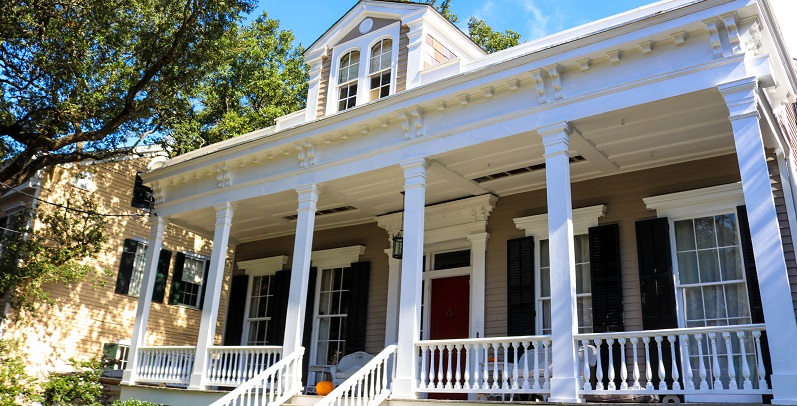
When selling your home in New Orleans, it’s best to disclose everything you know about any defects to prevent possible legal problems down the road.
What New Orleans Homeowners Must Disclose to Potential Buyers (and What They Don’t)
Since Hurricane Katrina, the housing market has been rebounding in New Orleans and throughout the state of Louisiana. But before a property can be sold, state law requires that all sellers, including those in New Orleans, make certain disclosures to potential buyers concerning the condition of the property.
State law requires sellers to complete a property disclosure statement detailing any known defects with the property. If the disclosure statement is not delivered to the buyer before the purchase contract is signed, the contract may be terminated or an offer withdrawn within 72 hours after receipt of the statement.
Failure to complete this document at all could give the purchaser grounds to sue for fraud or misrepresentation, even weeks or months after closing if there is no disclosure of defects present before the sale and known to the seller.
Louisiana Property Disclosure Statement
The property disclosure statement includes five sections that require an answer of “Yes,” “No,” or “No Knowledge.”
- Section 1: Land. Includes questions about drainage, flooding, and flood insurance.
- Section 2: Termites, Wood-Destroying Insects, and Organisms. Asks about property damage related to termites and wood-destroying insects and whether the damage has been repaired.
- Section 3: Structure. Includes questions regarding the condition of the roof, interior walls, floor, attic spaces, porches, steps and stairways, pool, decks, and windows.
- Section 4: Plumbing, Water, Gas, and Sewage. Assesses the condition of the plumbing system, water quality, the water heater, and gas and sewage service.
- Section 5: Electrical, Heating and Cooling, and Appliances. Examines the electrical and cooling systems, and whether a fireplace exists and if it works.
- Section 6: Miscellaneous. Inquires about zoning, alterations made to the property, and any potential property damage from windstorms, flooding, hail, or lightning.
The property disclosure statement is not the same thing as a warranty. It is not meant to be part of a sales contract between a buyer and a seller, is not a substitute for an inspection, and its completion does nothing to prohibit the purchaser from inspecting the physical condition of the property.
In addition to the property disclosure statement, Louisiana law also requires sellers to disclose whether or not:
- The buyer will be required to join a homeowners’ association.
- A methamphetamine laboratory was in operation on the property.
- The property has a cavity created within a salt stock beneath it or is within a half mile of a solution mining injection well.
- The property is classified as industrial or commercial.
If a known property defect doesn’t relate to any of the sections on the disclosure form, it still needs to be disclosed. The seller will need to check a box stating, “Additional Sheet is Attached” and then include a separate sheet that contains as much information about the defect as possible.
What Doesn’t Have to Be Disclosed?
Louisiana’s disclosure laws do not require homeowners to hire an engineer or home inspector before selling their home, and sellers are required only to disclose what they know. While a disclosure might result in a lower selling price, it also protects the seller from legal liability for known defects in their property.
At Satsuma Realtors, we take our jobs very seriously, and always put our clients’ needs ahead of our own financial interests. To find out more about how our agents help New Orleans sellers comply with Louisiana disclosure laws, contact a Satsuma Realtor.